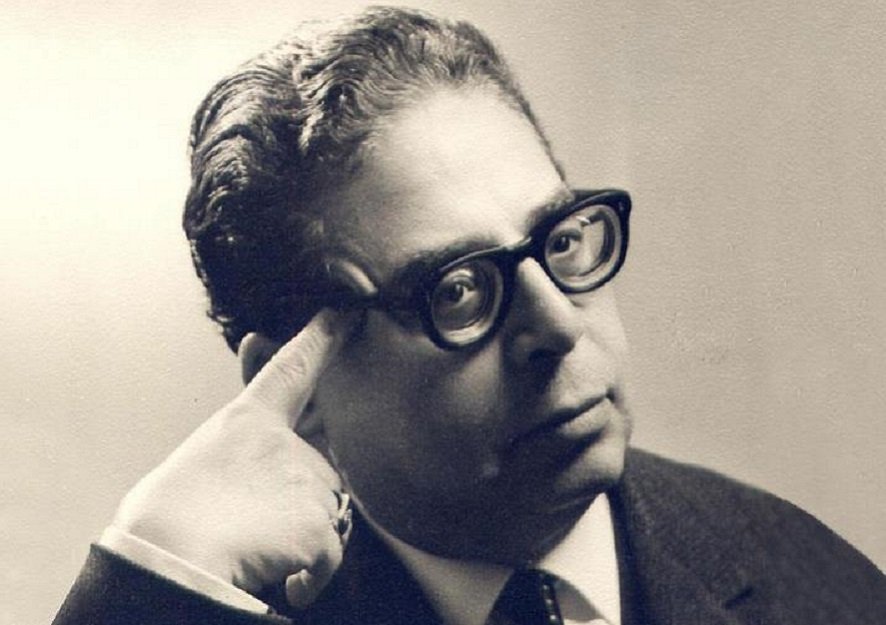Algeria ruled by France for 130 years, the North African country from 1954 to 1962 rebelled against their colonial masters for independence and as a result, the French took the lives of about 1.5 million Algerians.
The Algerian War of Independence started by members of the National Liberation Front (FLN) that saw heinous brutality and torture meted out to Algerians by the French. It took a lot of demonstrations, mass killings, the collapse of the French government, and a United Nations’ resolution recognizing the right to independence before the French agreed to a referendum for the independence of Algeria on July 5, 1962.
It was during the Algerian War of Independence that “Kassaman”, the national anthem of Algeria was composed, and officially adopted right after independence. Its badass lyrics were written by the Algerian nationalist poet Moufdi Zakaria while in jail in Barberousse Prison during the war.
According to a widespread version, he wrote the lyrics of “Kassaman” or “Qassaman” with his blood on the walls of his jail cell where he was jailed by the French colonial forces.
Born on June 12, 1908, Zakaria was a key member of the nationalist movement in Algeria, and for his beliefs, he would serve time in prison and be tortured on several occasions between the 1920s and 1962. It was during one of these torture moments while in jail in April 1955 that he wrote a poem called “Qassaman” or “The Pledge”.
Not having access to paper or writing materials while in incarceration, he resorted to his blood. The words of this poem, which various accounts say are reflective of a war song, would become his country’s national anthem shortly after independence on July 5, 1962.
The first musical portion of the anthem was composed by the Algerian Mohamed Touri, followed by the Tunisian Mohamed Triki in 1956, then by the Egyptian composer Mohamed Fawzi. Fawzi’s composition remains today, the music of the Algerian anthem.
Zakaria died in 1977 in Tunisia, but his body was buried in Algeria. “I am neither a Muslim nor a believer nor an Arab if I do not sacrifice my being, my property and my blood to free my beloved homeland from the chains of slavery and bring it out of the darkness of ignorance and misery towards the light of knowledge, prosperity and a happy life,” Zakaria, who has postage stamps issued in his honor as well as an airport named after him, was quoted to have said in 1931.
Check out his poem, the “Qassaman”, which became the Algerian national anthem (English translation):
1
We swear by the lightning that destroys,
By the streams of generous blood being shed,
By the bright flags that wave,
Flying proudly on the high mountains,
That we are in revolt, whether to live or to die,
We are determined that Algeria should live,
So be our witness – be our witness – be our witness!
2
We are soldiers in revolt for truth
And we have fought for our independence.
When we spoke, nobody listened to us,
So we have taken the noise of gunpowder as our rhythm And the sound of machine guns as our melody,
We are determined that Algeria should live,
So be our witness – be our witness – be our witness!
3
Ô France!
Past is the time of palavers
We closed it as we close a book
Ô France!
The day to settle the accounts has come!
Prepare yourself! Here is our answer!
The verdict, our Revolution will return it
We are determined that Algeria should live,
So be our witness – be our witness – be our witness!
4
From our heroes we shall make an army come to being,
From our dead we shall build up a glory,
Our spirits shall ascend to immortality
And on our shoulders we shall raise the Standard.
To the nation’s Liberation Front we have sworn an oath,
We are determined that Algeria should live,
So be our witness – be our witness – be our witness
5
The cry of the Fatherland sounds from the battlefields.
Listen to it and answer the call!
Let it be written with the blood of martyrs
And be read to future generations.
Oh, Glory, we have held out our hand to you,
We are determined that Algeria should live,
So be our witness – be our witness – be our witness

